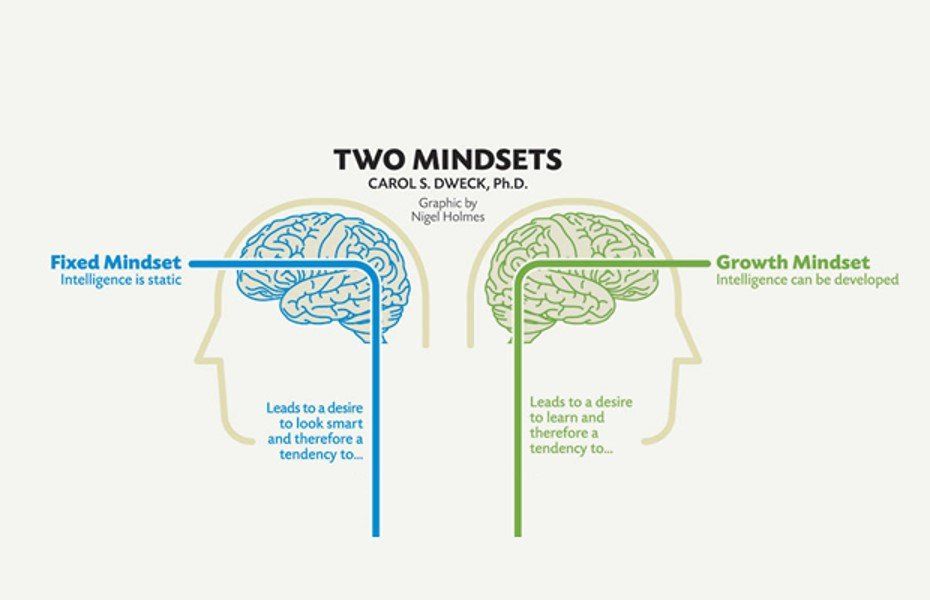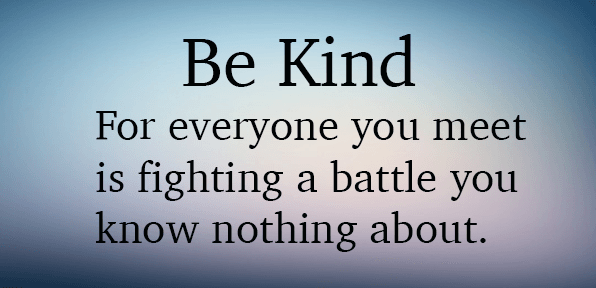BE ABOUT IT

I’m going to start out today with a scenario.
You are taking a new class at CPC. You decide that today is the day you are ready to take that intimidating class you have always been nervous to try. There are twelve people taking the class and you know most of them because you’re all from the same small town. The class begins and the first half goes great. You are enjoying the fact that you can keep up. It seems like you made the right decision to try the harder class. With ten minutes left in class, you are tasked to complete a workout that includes ten pull-ups without any assistance. Everyone in class is able to complete the workout with extra time remaining, while you are stuck unable to complete the pull-up portion. After five minutes of struggling, time is up, class is over, and you could not finish.
How would you honestly react in this situation? Would you decide the class is not for you? Maybe you think you aren’t ready? Are you embarrassed and not interested in going through that again? Or are you excited to give the class another chance? Maybe you’re determined to be able to complete a few more pull-ups and finish the class.
The way you approach successes and failures says a lot about the person you are and who you’ll become.
I recently finished reading “Mindset: The New Psychology of Success” by Carol Dweck. An awesome book for anyone in leadership positions, business, or athletics. As someone with experience in the field of athletics as a player, coach, and strength coach, I have learned that the mental part of the game is almost as important as the talent it takes to play the game. The way you approach successes and failures says a lot about the person you are and who you’ll become. The book dives into this topic and focuses on two ways of thinking: growth vs. fixed. The book explains the fixed mindset as “believing your qualities are carved in stone.” This is like believing the new CPC class is just not meant for you. You’ll never be able to do ten pull-ups, so going back to the class is pointless. The growth mindset is based on the belief that “your basic qualities are things you can cultivate through your efforts.” The idea of growth and improvement through application and experience are the basis of the growth mindset. This is like signing up for the same, tough class next week because you understand it will make you better in the long run. Going into your next session and wanting to learn how to do pull-ups because you know you can do it with practice.
From a personal perspective, I know that there have been times in my life where I have taken the easy road and given up on something I could have improved on because I looked foolish or I wasn’t great at it. This book has given me a different perspective on the way I approach even minor daily activities. My goal is to learn from everything I do. Whether it be success or failure, it can teach me something that will make me a better person. Next time you find yourself in a situation where it would be easier to give up and not do it again, make sure you take a step back and realize that you can learn from it and make yourself better.


